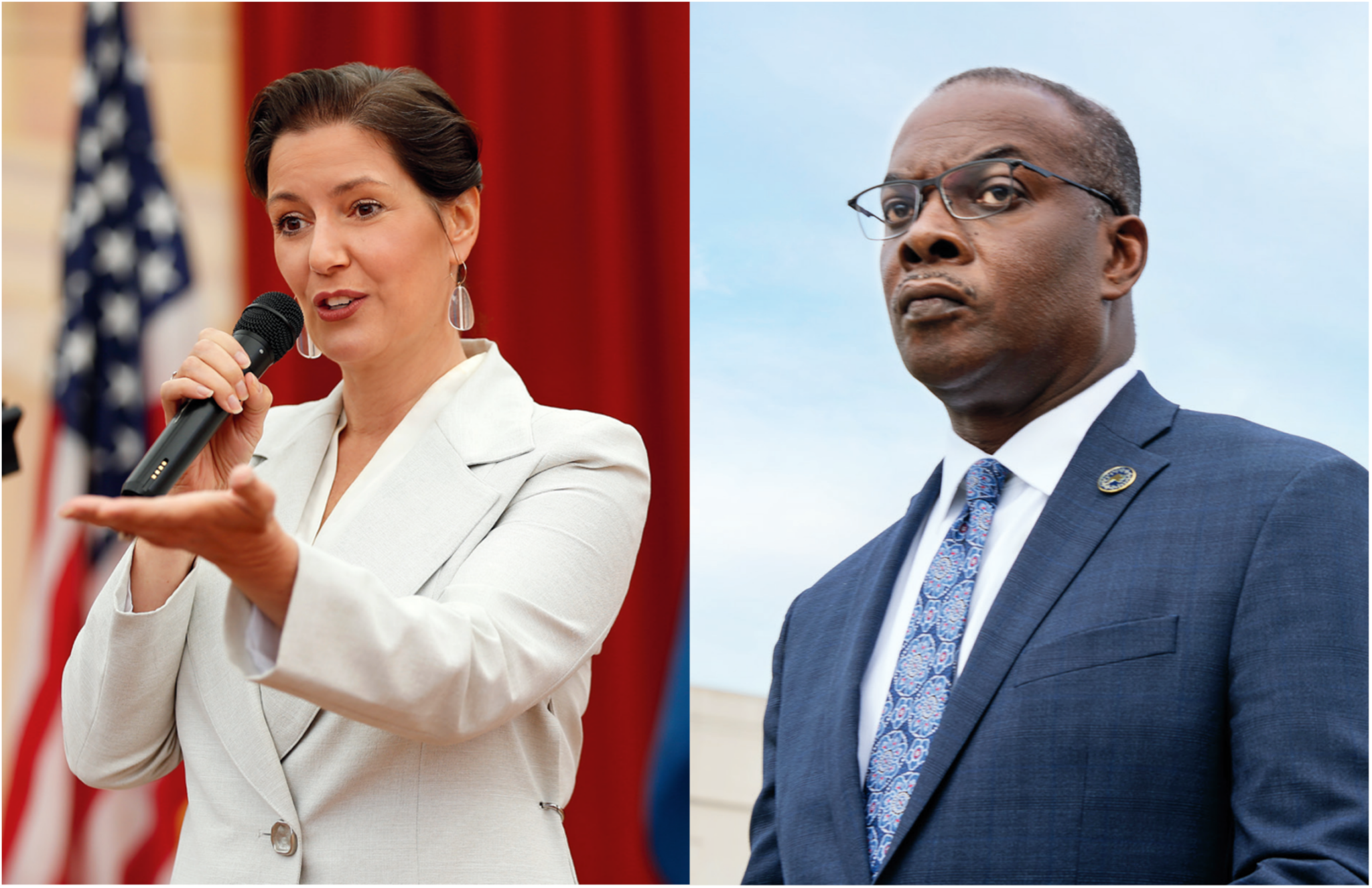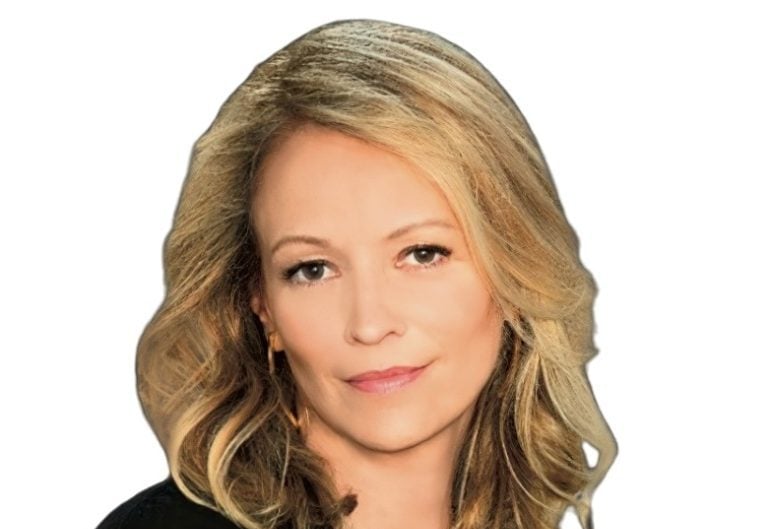The nation’s mayors solve problems rather than get distracted by national ideology and cultural war grandstanding. In his 2015 book entitled If Mayors Ruled the World: Dysfunctional Nations, Rising Cities, urban studies scholar Benjamin Barber celebrated mayors as primarily pragmatists. The pragmatic focus of city leaders continues to be the solution to society’s most vexing challenges often through building civic trust, innovation, and collaboration.
At a recent Mayor’s College gathering of 50 mayors hosted by the Yale Chief Executive Leadership Institute, 30% of the mayors in attendance described their most horrific experience as a mayor as when they have to take the lead in healing their city after a crisis that involves significant loss of life.

Devastating events like mass shootings are on the rise, fueled by disturbing statistics like the purchase of more than 16 million guns in the past year and a 12% increase in hate crimes. Even though an individual mayor has little or no control over the causes of these events, they become the most visible symbol and face of a community’s response to these crises. In looking at how mayors step up in these moments, we see a consistent pattern of courageous and empathetic leadership and a pattern from which other mayors and corporate executives can learn.
When a mayor is elected, they face the realities of visible front-line leadership in a multi-stakeholder environment. Mayors cannot choose between constituencies; each constituent holds the city publicly accountable for multiple aspects of their daily lives. Regardless of resource limitations, mayors are expected to provide tangible solutions for daily problems.
Mayors are the CEOs of the cities they run but with the additional challenge of limited control over resources across diverse stakeholders. Though mayors are publicly held accountable for crime, they have limited or no control over schools, families, gun laws, and other fundamental drivers of violence and crime. Nevertheless, they rise to the occasion when crises occur.

A mayor learns quickly that their effectiveness depends on continuously earning trust and credibility with deep local connections and visible frontline engagement. When a crisis occurs, the pattern of visible frontline engagement leadership emerges as the Mayor’s natural response. Here are some of their lessons:
Don’t Focus on Who Is at Fault, Reach Out to the Victims and Show Empathy
Unlike a large corporation that immediately calls upon consultants, public relations specialists, and lawyers to “manage” the crisis and deflect fault when they have a factory explosion or an oil spill, the first response of mayors is not to focus on fault but to reach out to the victims, to be present, and to show support, from the front lines and not behind desks. As the Mayor of Oakland, Libby Schaaf poignantly noted, “Mayors are unable to bring back a slain family member. But they can sit with a mother, listen to them, feel their pain, make sure they are not alone, and comfort them.”
Another mayor, Byron Brown of Buffalo, added from his tragic experiences with a shooter in a supermarket in Buffalo that “the bottom line is in empathizing, being there, listening, showing that you’re feeling pain, make sure they are not alone, and comfort them.”
Be the Public Face of Leading Through Crisis
During and in the aftermath of a crisis, uncertainty and fear prevail. Mayors become the public spokesperson during the crisis, the voice that the community trusts. Recognizing that they were elected because people believed in them to make the right decisions, mayors speak on behalf of the community. As a prominent clergy leader, the Pope’s strategic advisor for communications Father Manuel Dorantes advised our Mayors at our Mayor’s College, “You are the hope-giver in chief for your cities. The people of your towns believe in you to be the beacon of hope for your city.”
This is one of the areas where the response of cities and mayors shines through. While there are some inspiring corporate parallels, such as the model followed by Johnson & Johnson’s CEO, James Burke, in response to the Tylenol crisis, which is still the gold standard for corporate leadership during a crisis, there are also instances of corporate responses that have lacked a human touch, such as the weeks that elapsed before BP’s CEO made a public appearance following BP’s oil spill resulting from Deepwater Horizon’s rig explosion and the death of 11 crew members.
All of us who serve as mayor have that unique sense of being all-consumed by the mission, every minute of your day. It gives you a deep and unique sense of meaning that few can understand.” —Luke Bronin
Seek Support and Guidance From Peers
When in a crisis, mayors reach out to each other and have a de facto support group of peers to lean on for advice, encouragement, and solace. Often, other mayors who have gone through similar crises take the initiative to reach out to the mayor in crisis. Many of these leaders find that when in a crisis, otherwise trusted and loyal advisors, staffers, and family members may be unable to fully empathize with the unique challenges of leading a city through a healing process. They can only turn to their peers, who have been in similar situations, as genuine sounding boards, fellow travelers who can empathize fully and who understand where the challenges and pitfalls are.
After all, as Hartford Mayor Luke Bronin noted, “All of us who serve as mayor have that unique sense of being all-consumed by the mission, every minute of your day. It gives you a deep and unique sense of meaning that few can understand.”
These lessons of visible frontline engagement are timeless and transferable to all leaders across sectors, not just mayors, in earning trust and credibility across stakeholder groups.
Amidst the heat of crisis, sometimes it pays to be authentic and human—leading from the front lines rather than hiding behind layers of protective, risk-averse lawyers and PR flaks who take the humanity out of leadership.
As New York’s legendary Mayor Fiorella LaGuardia once explained, “There is no such thing as a Democratic or Republican sewer break. You just have to solve the problem.”









